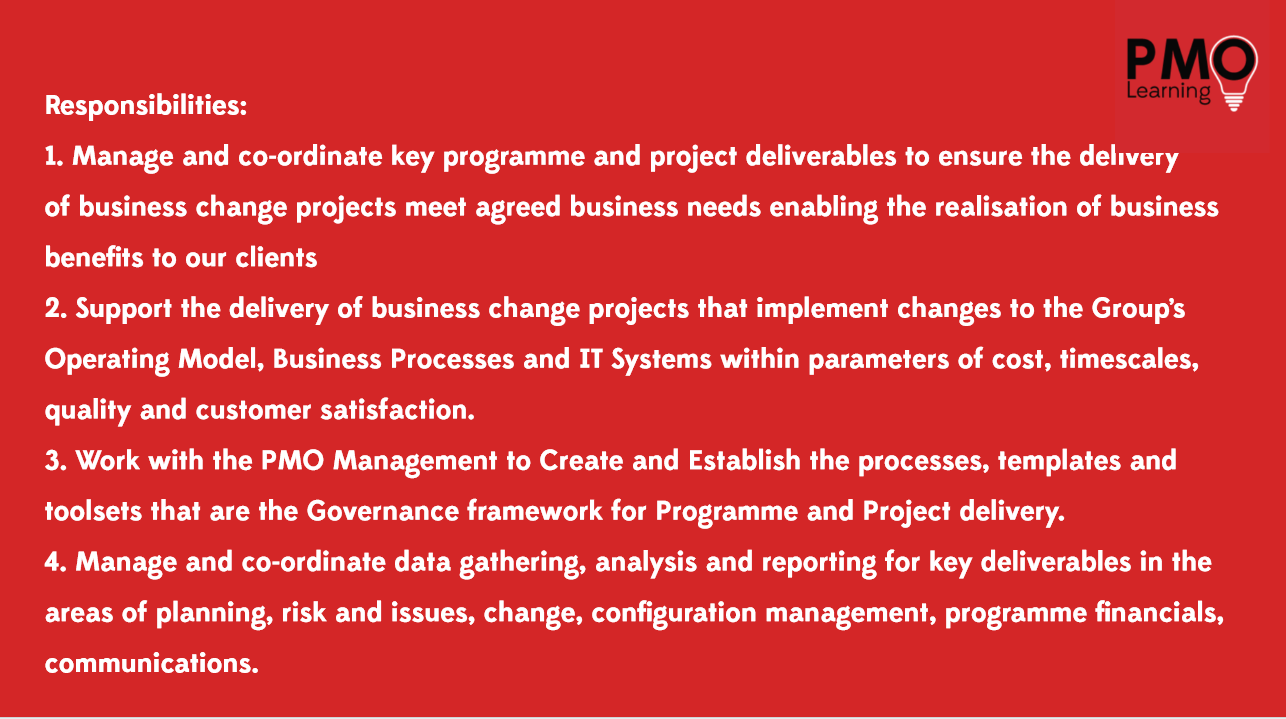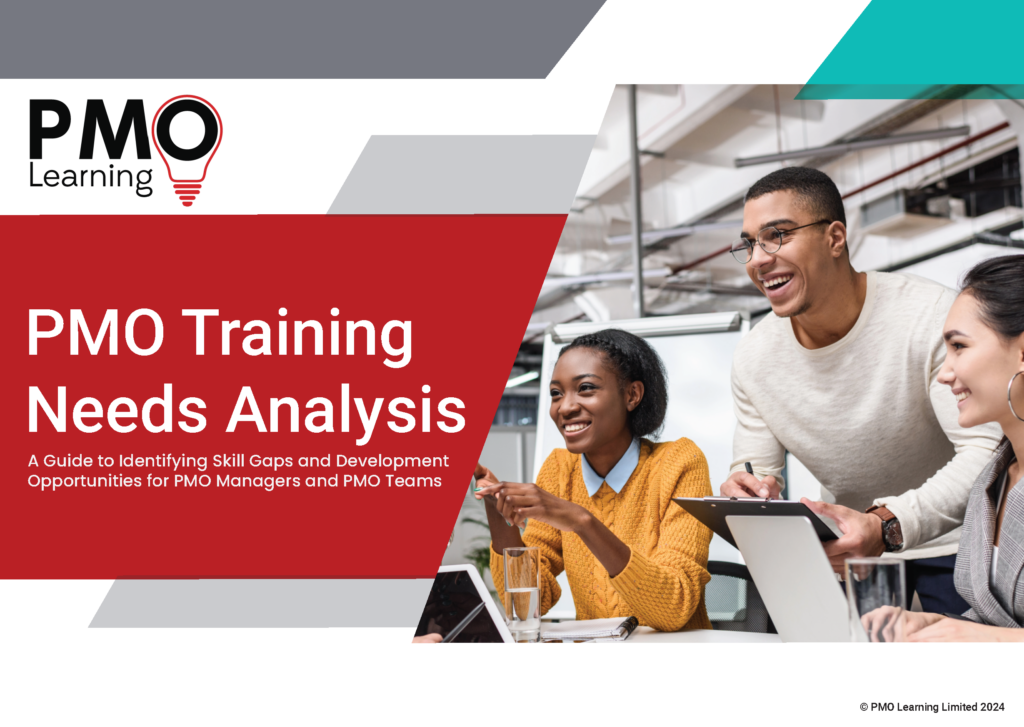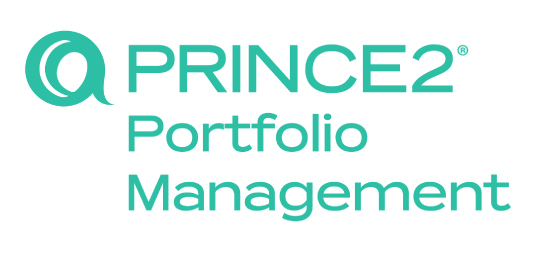First up, what is a PMO Analyst?
A PMO Analyst is someone who – generally – works with a PMO. The PMO can be a Portfolio Management Office; Programme Management Office or a Project Management Office.
The PMO Analyst is someone who offers the services or supports the activities of the PMO.
The term Analyst implies that the role has a large analytical aspect to it – and it does – and it also has lots of other aspects as well. That’s what makes the job so interesting.
So the PMO Analyst is someone who sits within a PMO and works at portfolio, programme or project levels within the business. They’re there to support both the delivery of those and also provide information to senior management about what’s happening at those levels in the business.
It’s a wide remit and that often means the role of the PMO Analyst will vary from organisation to organisation.
The skills needed by a PMO Analyst
To be able to support portfolio, programme or project levels within the business and provide information to senior management about what’s happening at those levels in the business there are several skills that are crucial.
Here are the crucial ones:
- You must understand the theory and best practices that exist around portfolio, programme and project management.
- You will know which models, processes, tools and templates exist to support effective portfolio, programme and project management.
- You’ll know your way around a PC – be great at formatting documents; creating formula in spreadsheets; a demon with a calculator.
- You’ll be great at communicating with people professionally; able to articulate or convey complex data well.
- You can withstand challenges; you’re a resilient soul who wants to see problems resolved quickly and with people engaged with the way forward.
There’s a whole host of other, more detailed skills, required but if you’re ticking these boxes, you’re already a great PMO Analyst.
The detailed skills required to do the job of a PMO Analyst are all in the day-to-day roles and responsibilities you will find in any job advertisement.
A quick sample from a recent, real, online advertisement for a PMO Analyst:
In this advertisement we can see key skills needed in:
- Benefits Management
- Planning and schedule management
- Creation and implementation of best practice methods, processes & tools
- Governance frameworks and processes
- Reporting
- Risk, issues and change management
- Financial & budgetary management
- Communications & stakeholder management
Each PMO Analyst you will see advertised will have variations on these – some skills more important than others depending on the type of PMO; the level of seniority of the PMO Analyst required; the type of industry and the projects being managed; the maturity of the business and the project delivery functions.
A great place to start if you’re looking to understand the key skills, behaviours and competences of the PMO Analyst is the PMO Competency Framework!
So, how to become a PMO Analyst?
The crucial skills listed above give you some insight into what is expected of being a PMO Analyst, so where to start to get there?
You need to understand two things.
The best practices in portfolio, programme and project management AND how these best practices are supported by the PMO.
When you’re just starting in the PMO – or looking to get into a PMO role, you’ll likely begin with understanding project management best practices first – then programme – then portfolio.
Your understanding of all these will deepen over time, but generally, people start by understanding project management.
But it’s not enough to understand project management best practice – you also need to know how you support that.
Things like; what does it mean to update a risk register? What forms a business case? What template would be good for a project status report? The list goes on.
To learn these, you need some formal training – you could do it without, perhaps pick up a book; browse around the web – but really, it’s formal training territory that is required.
Training Options
There are several training options for those looking at, or currently working in a PMO Analyst role.
The Essentials for PMO Analysts course, launched September 2021, and learners will:
- Gain the essential knowledge and understanding to undertake the role of a PMO Analyst.
- Demonstrate a greater understanding of projects, programmes, portfolios and PMOs.
- Understand and articulate the core roles and responsibilities of a PMO Analyst role.
- Learn about the essential competences, knowledge, skills and behaviours required to perform the role of a PMO Analyst successfully.
Another option may be the P3O® Foundation, one of the most widely recognised qualfications for those working in the PMO.
The course covers the fundamentals of P3O®, giving you a solid foundation in the P3O® model, the terminology and concepts involved – the course also covers the key functions and services in a P3O® model – considered to be one of the most useful areas for a PMO practitioner.
The course also covers the tools and techniques used in a P3O® and looks at the different types of PMOs with the model.
To become a PMO Analyst requires learning about the PMO and the activities that it provides to support the successful delivery of portfolio. programme and projects. This is the first stage – understanding the current best practice, methods, processes, tools and techniques of working in a PMO. To become a PMO Anlayst also requires on-the-job works experience. To gain the experience requires that you demonstrate an understanding of what is required of you and demonstrate on-the-job skills such as planning; reporting; communications and so on.
It all starts with the formal knowledge.
To find out more about how PMO Learning helps people learn about PMO [start here]
The P3O® courses on this page are offered by PMO Learning. P3O® is a [registered] trade mark of AXELOS Limited. All rights reserved. P3O® is a registered trade mark of AXELOS Limited, used under permission of AXELOS Limited. The Swirl logo™ is a trade mark of AXELOS Limited, used under permission of AXELOS Limited. All rights reserved.
Enjoying Our Blog?
Sign up and receive all our articles (we’ll send you an update once a week!) plus special offers and events:
*This post contains affiliate ad links.







